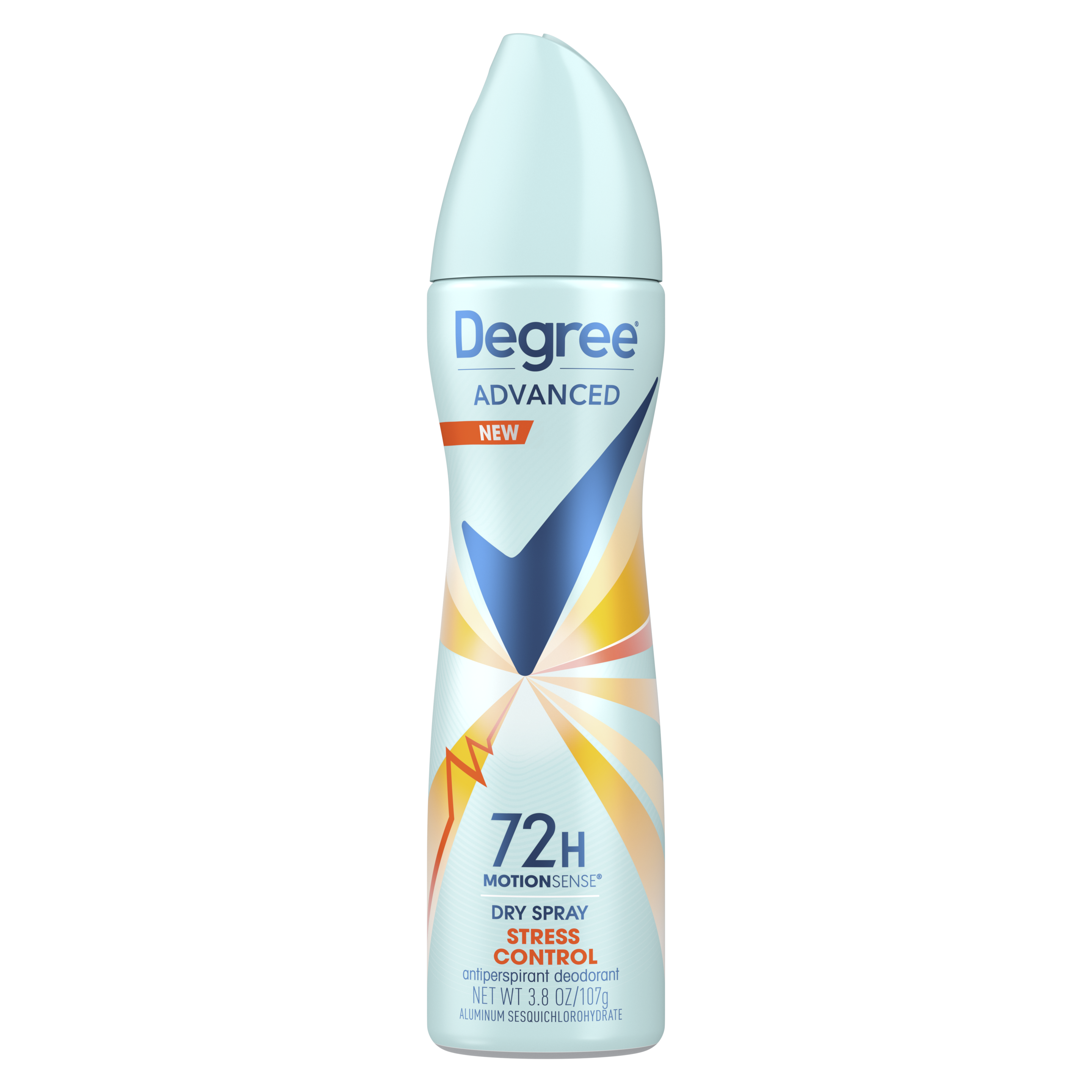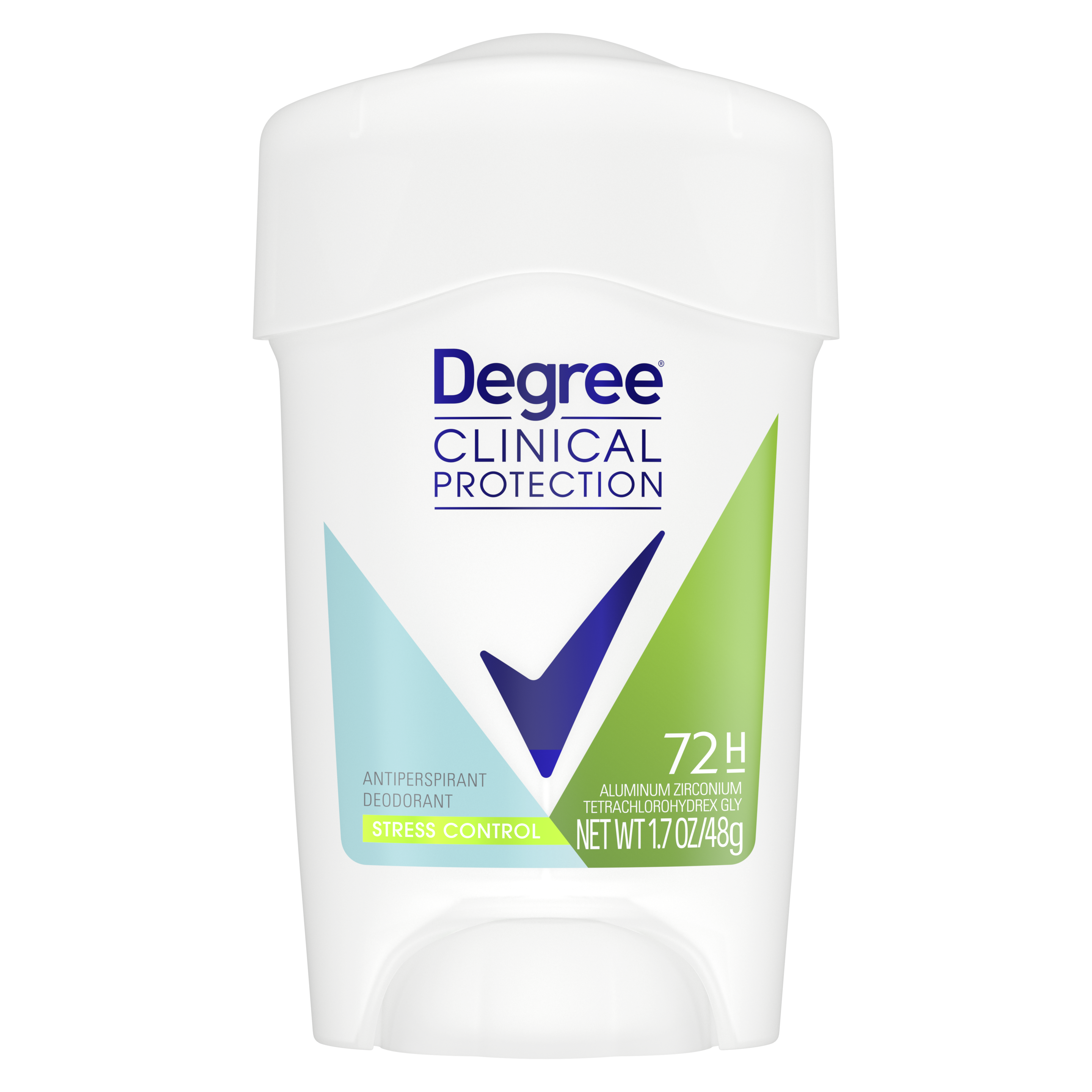TACKLE SOUR-SMELLING SWEAT: UNRAVEL THE CAUSES AND GET PRACTICAL TIPS
Imagine you're in a crowded elevator, a small space where the only sound is the soft hum of movement. Suddenly, an unpleasant smell wafts through the air, turning heads and wrinkling noses. You quickly realize, with a sinking feeling, that the source of the sour odor is your own sweat. This scenario is more common than you might think, and it's a situation that can seriously undermine your confidence. Sour-smelling sweat is a problem that many people face, but understanding the causes and knowing how to prevent it can help you stay sweet-smelling. Let’s find the secrets to beating sour body odor so that you can say goodbye to those awkward moments for good.
WHAT CAUSES ODOR IN SWEAT
First off, it's important to know that not all sweat is created equal. The sweat from your eccrine glands is like the unsung hero of your body's cooling system—mostly water, a little bit of salt, and usually odorless. It's the apocrine glands, primarily found in your underarm and groin areas, that are the usual suspects when it comes to sweat that smells sour. These glands produce a thicker sweat that, when it meets the natural bacteria on your skin, can start to produce that tangy odor that leaves you wondering, “Why does my sweat smell sour all of a sudden?”
That sour smell is usually a combination of factors. Your diet, for one, can play a big role. Foods that are high in sulfur, like garlic and onions, can impart a pungent aroma to your sweat. And let's not forget about stress. When you're stressed, your body produces more cortisol, which can stimulate those apocrine glands to work overtime, leading to more sweat, and potentially more odor.
Then there are the hormonal changes that can throw your body's chemistry out of whack. Puberty, menstruation, pregnancy, and menopause can all affect how your sweat smells. And if you've ever noticed your sweat smelling sour at night, you might be experiencing night sweats, which can be caused by everything from a spicy dinner to certain medications.
Medical conditions, such as hyperhidrosis (excessive sweating) or infections, can also be culprits of sour-smelling perspiration. Go see a doctor if you’re concerned.
HOW TO GO FROM SOUR- TO SWEET-SMELLING
If you’re tired of dealing with sour-smelling sweat, take some practical steps to help you feel confident in close quarters:
Stay clean
Regular showers with antibacterial soap can reduce the bacteria on your skin, especially when it’s hot outside. Wash clothes, towels, and bed linens to remove bacteria and sweat residue that can also contribute to unpleasant odors.
Apply deodorant
Use a high-quality deodorant spray or stick to keep sweat and odor at bay. Deodorants work by masking the odor of sweat, while antiperspirants contain active ingredients, like aluminum compounds, that temporarily block sweat glands, reducing the amount of sweat produced.
Wear appropriate clothing
Choose fabrics that wick away moisture and allow your skin to breathe. Go for natural fibers like cotton, linen, and bamboo, which allow your skin to breathe better and reduce sweat buildup. Wear breathable shoes and change socks frequently to prevent foot odor.
Adjust your diet
Monitor your intake of strong-smelling foods like garlic, vinegar, and onions, which can influence your sweat's aroma. Adding probiotics to your diet can also help balance the bacteria in your gut and may influence your body's overall odor positively.
Drink up
Drinking plenty of water helps dilute sweat and reduce its odor.
Manage stress
Since stress and anxiety can exacerbate sour-smelling sweat, find stress-reduction techniques that work for you.
While sweat is a natural and necessary bodily function, it doesn't have to dictate how you feel or how others perceive you in close encounters like our elevator scenario. Now that you understand the causes of sour-smelling sweat and you can implement the sweet-smelling strategies, you don’t have to be banished to using the stairs.



